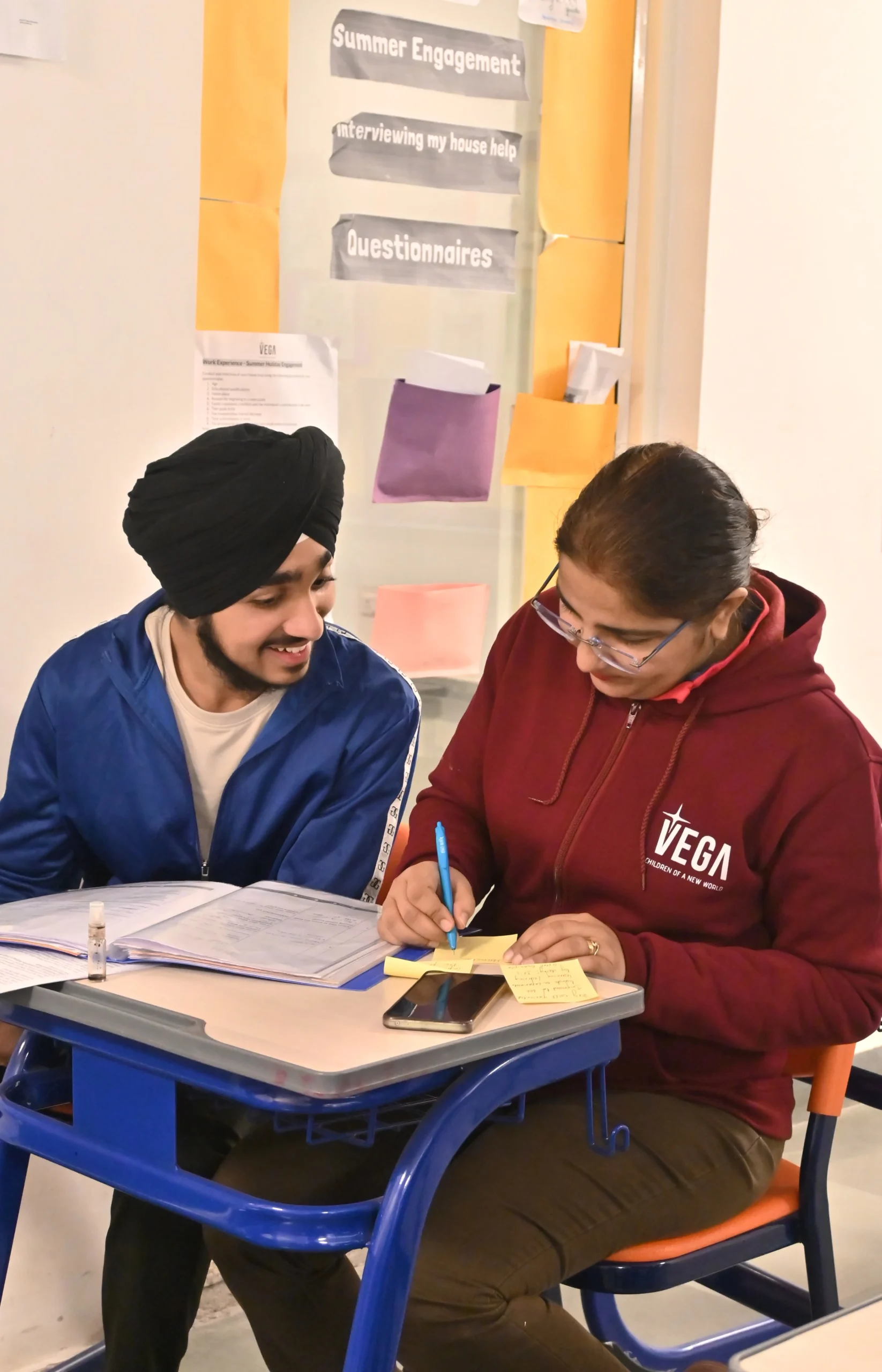Students’ progress and general well-being depend on creating a healthy school culture. Educators and parents are essential to create an atmosphere where respect, diversity, and academic success flourish. Effective collaboration between parents and educators fosters a nurturing environment that improves social skills, emotional growth, and learning.
When the school culture is robust, students are more likely to participate fully, feel appreciated, and form deep connections. In this piece, we examine how parents and teachers may help foster a healthy school climate, emphasizing tactics that create a flourishing, encouraging learning environment for all children.
- Working Together, Parents and Teachers
Consistent Messaging: When it comes to the standards and ideals of the school, parents and teachers should be in agreement. A strong, good culture is reinforced when there is consistency between the family and the school, which helps kids understand what is expected of them.
2. Assist for Diverse Needs:
Parents and teachers may work together to assist the various needs of their pupils. A collaboration between the two groups can offer the tools and tactics required to support students’ success, regardless of whether these requirements are academic, social, or emotional.
3. Joining Together to Celebrate Successes:
It’s critical to acknowledge and honor students’ accomplishments, no matter how big or little. In order to reinforce the good parts of the school culture, teachers and parents should collaborate to celebrate successes both at home and in the classroom.
4. Problem-Solving and Conflict Resolution:
Teachers and parents should work together to develop solutions when problems like bullying or academic difficulties occur. Collaborating guarantees that pupils are given a consistent message of discipline and encouragement.

The Function of Teachers
- Positive Conduct:
Teachers serve as role models for their pupils. Teachers set the example for how students should treat one another by modelling desirable behaviours like empathy, active listening, and respect for diversity.
2. Promoting Student Voice and Engagement:
By empowering students to speak out, ask questions, and participate in class discussions, teachers can foster a healthy school climate. Students’ commitment to the school culture may be increased by giving them a say in choices pertaining to their education, the regulations, and the general classroom atmosphere.
3. Establishing an Inclusive and Respectful Environment:
Teachers interact with students daily as their first point of contact. Teachers assist students in feeling appreciated by cultivating an inclusive and respectful classroom environment. To keep a supportive environment, teachers should encourage compassion, set clear standards for behaviour, and step in when needed.
The Parental Role
- Encouraging Open Communication:
By keeping lines of communication open and courteous with teachers, parents may contribute significantly to the development of a healthy school culture. Frequent contact keeps parents updated on their child’s development and any obstacles they might encounter.
2. Instilling a Growth Mentality:
By encouraging their kids to accept obstacles and see setbacks as teaching moments, parents may foster a growth mentality in their children at home. This way of thinking encourages perseverance, fortitude, and a positive outlook on education.
3. Promoting Emotional Well-Being:
Parents can provide their children with the emotional support they need to thrive in school. Children gain the emotional intelligence and resilience required for a positive school culture when open discussions about emotions, mental health, and social dynamics are encouraged.
In conclusion, building a positive school culture is a shared responsibility between teachers and parents. By working together, they create a supportive environment that fosters respect, inclusivity, and academic success. Teachers set the tone by modelling positive behaviour and building strong relationships with students, while parents reinforce these values at home.
Consistent communication and collaboration between both parties ensure that students feel valued, supported, and motivated to succeed. Ultimately, a positive school culture empowers students to develop the social, emotional, and academic skills necessary for lifelong success, making the school a place where all students can thrive.
Vega Schools offers holistic education to children in Delhi NCR and is rated among the top Schools in Gurgaon. Its modern infrastructure, facilities, and experienced teachers are a big asset to the learning & development of students, be it for Nursery, Primary or Senior children making Vega Schools the best schools in Gurgaon. For information about admission please visit the Vega Schools campuses in Sector 48 and Sector 76 Gurugram.
